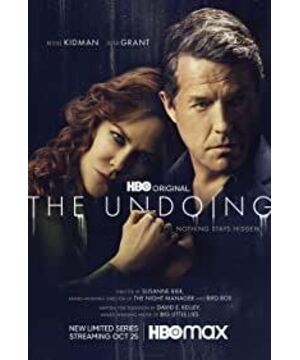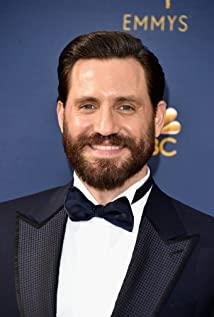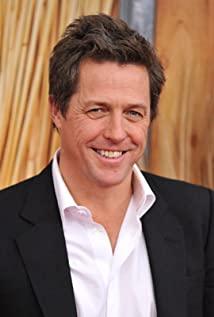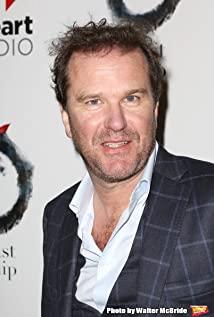I watched "Truth Capture" and "Inaction" in the past few days. The two dramas have the same problem: the plot overrides the actors' performances. The circle of truth in "Truth Capture" seems to be logical, but it is actually written deliberately. Could the male protagonist in "Do Nothing" be just an arrogant, narcissistic and arrogant liar? Would this character be more real if he didn't add the "anti-social and perverted" qualities to him?
The audience sees too many cheating plots, but the cheating story should also conform to the logic of the development of things! The high-profile derailment of the doctor and the patient's family members and the self-destructive behavior of the future seems to be a bit too much for the liar male protagonist, so the male protagonist has to be written as a pervert.
It's changed, it can't be real...
Because the plot is superfluous and makes the characters unable to stand on the ground, in fact, the pursuit of complicated and bizarre plots does not attract more audiences, but becomes an obstacle to the actors' performance. If you let the actors play those fancy plots, it is better to let the actors play how a normal person develops from narcissism and hypocrisy to a murderer, and let the audience and actors go through this gradual process, will they gain more?
I've always thought that the lead actor is the producer who will control and influence the play of the character, and Nicole in "Doing Nothing" proves this again. If the male and female protagonists of this play are replaced by two actors who are not so well-known for their performance (assuming the characters have a plot that is not superfluous), they will be several times better. The performances of the male and female protagonists in the play can only be evaluated as mediocre.
The story has two clues: First, the heroine has been blinding herself and living with her fantasy husband. One is the development of extramarital affairs. The clearest confession in the first clue is that the heroine's father, son, and friends all knew that the hero was cheating before she did, and clearly informed the heroine in the progress of the case that the hero was a murderer. But the heroine prefers to believe what the public lawyer who is almost a stranger said: "Your husband is a bastard, but he should not kill." In fact, this is what the heroine wants to hear, her voice. The heroine sees the cheating man as a community with herself, and she would rather believe that he did not kill anyone.
So it can be explained why she has been helping the male protagonist with lawsuits. She hopes that all this has never happened and can be as good as ever... What a naive, ignorant and self-avoiding mentality (see the little girl in the title)
So the plot has developed here, why did the heroine come out of the fog? The correct awakening of the heroine should be to realize the wrong cognition and behavior in the marriage that she has always been in, so as to cut off the past and fight back... not like the heroine written by the screenwriter because she discovered the "anti-personality" of the hero and awakened .
Awakening is always self-evident, not external.
One more thing: the subject of extramarital affairs is really very, very, very lacking in filming and acting, because it's just a little bit of a story, and it's okay to put it in a movie to enrich the characters. It's futile for Nicole to be so zealous in stories like this, yet be mediocre. Let's not talk about whether the beauty's face is getting old or not, it's just that she always wears a long corduroy dress in the play, and her hair is sluggish... It's beautiful and outdated.
View more about The Undoing reviews











